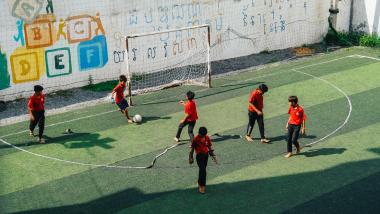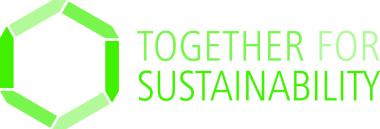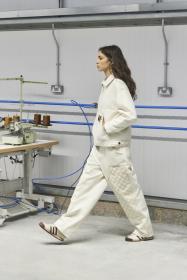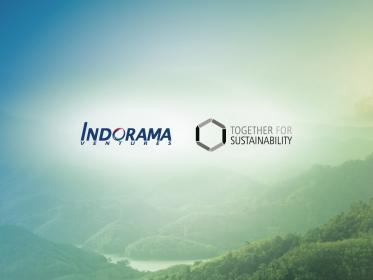Lectra joins United Nations Global Compact and presents CSR policy
Lectra supports the transformation of fashion, automotive and furniture companies by providing them with technological solutions that accelerate their transition to a more efficient and more sustainable Industry 4.0. In February, as part of the launch of its new roadmap, Lectra confirmed the importance of CSR in its strategy and presented its new priority measures for 2023-2025. By joining the UN Global Compact, Lectra demonstrates its commitment to reaching the Sustainable Development Goals of the United Nations.
Over the last few years, Lectra has stepped up its CSR initiatives. In 2011, the company implemented a CSR purchasing charter that covered 98% of its industrial purchases in 2022, excluding Gerber Technology (which was acquired in June 2021). In 2023, the new version of our CSR purchasing charter will be extended to Gerber suppliers, with the objective of enrolling 90% of all our industrial suppliers by 2025. Lectra also favors local procurement and production, as demonstrated by the recent inauguration of its manufacturing facility in Tolland, United States.
Another example: knowing that textiles generate 90% of the CO2 emissions produced during the total lifecycle of a cutting room, Lectra strives to offer its customers solutions that optimize the use of materials. Lectra's equipment makes it possible to achieve material saving of 5 to 10%. In addition, to better inform consumers about product authenticity and provenant, the company has also expanded its software offer to material traceability, as show by the recent majority acquisition of TextileGenesis’ capital. Lectra is committed to systematically using eco-design principles by 2025 for its new equipment platforms in order to reduce its environmental footprint.
For 2023-2025, Lectra has decided to focus on 5 key areas through 12 measures:
- MEETING THE HIGHEST ETHICAL STANDARDS
- Uncompromising business ethics
- Extension of our CSR purchasing policy - DESIGNING ECO-RESPONSIBLE OFFERS
- Developing eco-designed products and services
- Supplying products and services that help reduce our customers’ impact on the environment
- Developing safe, accessible and easy-to-use solutions - FOSTERING AN INCLUSIVE, DIVERSE AND STIMULATING WORKING CULTURE
- Zero tolerance for discrimination and harassment and equal opportunities for everyone
- A working environment conducive to employee engagement
- Balance between work and private life
- Sustainable development of talents, team expertise and professional careers
- Employees’ health and safety - REDUCING THE ENVIRONMENTAL FOOTPRINT OF OUR ACTIVITIES
- Reducing the environmental impact of our company's activities - SUPPORTING FUTURE GENERATIONS
- Supporting the development of professional skills and the employability of future generations
Lectra





























